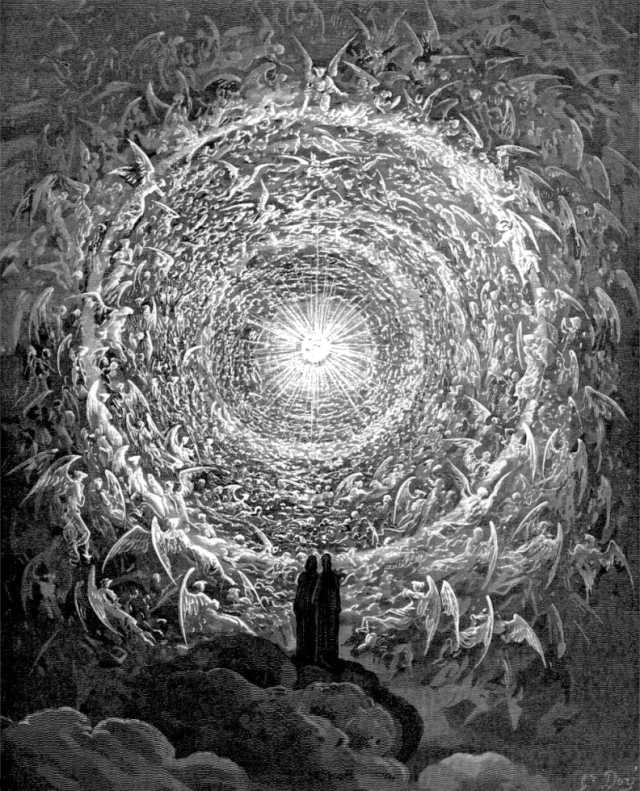
A couple of years ago, I wrote about a link between the electronic dance music genre and themes of transcendance. I wrote then that of all music genres I frequently listen to, “it is the most upfront in bringing in the vocabulary of soul, redemption, transcendence, eternity, light and darkness familiar to many believers, including many Christians”. What comes out in particular is the secular version of an eschatological horizon, which is played out in one of my favourite tracks in this genre, Days to Come by Seven Lions(featuring Australia’s own Fiora Cutler).
In tracks like these, there is a Heideggerian awareness of being towards death – that intuition that we orient ourselves to the world realising that things as they are not staying the way they are, and that the current state of things will soon die. More than that, we ought to press on towards that end of all things, all whilst backed up by the waves of synth and pounding basslines.
Another theme that was present, but of which I only recently became conscious after many years of mere passive listening, was the coupling of this end of all things with the love of another. This really comes out in another recently added favourite in this genre, again by Seven Lions but in collaboration with Illenium, Said the Sky and featuring Haliene, entitled Rush Over Me.
Here, the apocalyptic sense of the coming end is linked with the desperate attempt to properly express one’s romantic affections for another, and to enflesh that in a heartfelt – even self-emptying – farewell before the walls of the world finally come crashing in. The coming end, while tragic, is almost look at with eager expectation as a moment of great revelation and horror.
I raise the coupling of love and the world’s end because it is a faint parallel to another coupling in Chapter 21 of the Book of the Apocalypse, where the passing of the first heaven and the first earth (21:1) transitions immediately in the next verse to the arrival of the new Jerusalem, which is “prepared as a bride” for the beginning of her marriage to the Lamb. While Rush Over Me sees the big revelation at the moment when love dies, the culmination of the end of the world’s end comes with the start of a journey marked by romantic love.
Actually, that is not quite true…
In Ordering Love by David L. Schindler, consideration is given to the beginning of the world in Genesis. The creation of the world, Schindler contends is not only a sign of God’s power to create something out of nothing. The fact that, in Christian metaphysics, God need not have created the world but freely chose to do it, and imprint his Word onto it, shows that not only God’s power but also his love as an ordering principle of the universe. Love was not only present at the beginning of the world. It was also the very basis on which the world came into being in the first place.
If love constituted the metaphysics of the world from its very beginning, and if God is faithful to His promise of never abandoning His creation, we should not be surprised then, that the end of the world would also have the same motif of love operating in the background. From the standpoint of biblical revelation, all of history is bracketed by divine love. Love brings it into being, and it will be in love that the last page of history will be turned.
At the same time, we can take comfort in the thought that the metaphysics of the universe are also at play in the minutiae of our personal experience. We can see the threads of our history that have come to an abrupt end – through disappointments, setbacks and tragedy – not to have a tragic finality, but to be highly revelatory moments. While we viscerally experience the coming end, we can remember that the operations of divine love are at work behind the veil. Moreover, if we take the Book of Revelation seriously, we should be assured that where we are is at the point of beginning, not an end.
We thus have reason pray, as my priest friend Colin Parrish once wrote, that God give us hope that lies beyond the veil of our vision, and for God to run ahead and wait for us.











